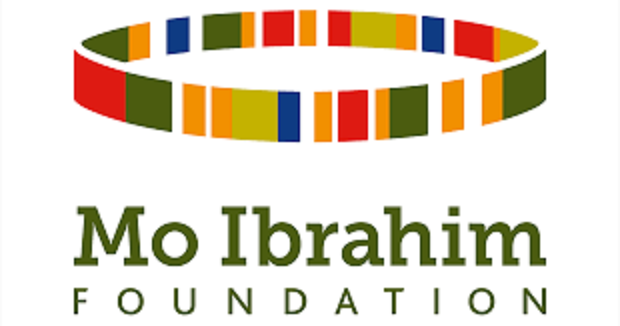Step up efforts to close data gap to meet development targets
-New Mo Ibrahim governance report

A new report released by the Mo Ibrahim Foundation has stressed the need for African governments to work assiduously to close the data gap in order to meet development targets.
The African Governance Report, published on Tuesday October 15, by the Mo Ibrahim Foundation, draws on data from the Ibrahim Index of African Governance (IIAG) and shares new insights on progress towards the African Union’s (AU) Agenda 2063 and the United Nations’ (UN) Sustainable Development Goals (SDGs).
In a release issued by the Foundation, it says the new report points to where policy efforts can be focused to tackle current governance challenges, and highlights the urgency of addressing the ‘data gap’ in Africa to ensure progress can be assessed and shortfalls addressed.
The report argues that good governance is closely linked to progress towards the SDGs, while at the same time indicating that the overall governance scores in the IIAG are strongly associated with performance in the Africa SDG Index, underscoring the importance of good governance to sustainable development in Africa.
The report further argues that the ability and capacity to monitor progress in Africa is highly compromised. It says while the existence of the data gap has been previously noted, the scale and depth of this challenge is now revealed for the first time. Since the adoption of Agenda 2063 and the UN’s SDGs, both the frequency and coverage of publicly available data has declined.
The report also points out that one of the areas that has seen the greatest deterioration is statistics around population; only 8 African countries have a birth registration system that covers 90% or more of the population over the last ten years (2009-2018). Almost half (45.6%) of the continent’s population live in a country where no census has been conducted over the last ten years. This comes in striking contrast to the continent’s rapid population growth.
The report highlights that only six of the 17 SDGs have more than half of their indicators covered for Africa. Almost half of the targets for Agenda 2063 are not quantifiable and less than 20% have been given an indicator to measure progress.
As of May 2019, of the 54 African countries, 37 had a National Strategy for the Development of Statistics that was being implemented. Liberia however has a complete NSDS document but its adoption by the government is still pending.
The Report issues a call to action for African governments to close the “data gap”, as without a solid measurement framework in place, government efforts towards development are rendered meaningless.
Mo Ibrahim, Chair of the Mo Ibrahim Foundation, said: “We welcome continued efforts to improve governance, which is crucial to achieving the SDGs and Agenda 2063 goals. However, we are deeply worried by the inability to accurately monitor progress against these targets on the continent. Data is an essential foundation for effective policymaking and resource mobilisation. Without data, we drive blind – policies are misdirected and progress on the road to development is stunted. We must all act urgently to close the ‘data gap’, if indeed we aim to leave no one behind.”
[bsa_pro_ad_space id=1]
The Mo Ibrahim Foundation was established in 2006 with a focus on the critical importance of leadership and governance in Africa, by providing tools to assess and support progress in leadership and governance.
The Ibrahim Index of African Governance (IIAG) provides an annual assessment of the quality of governance in African countries and is the most comprehensive collection of data on African governance.


















